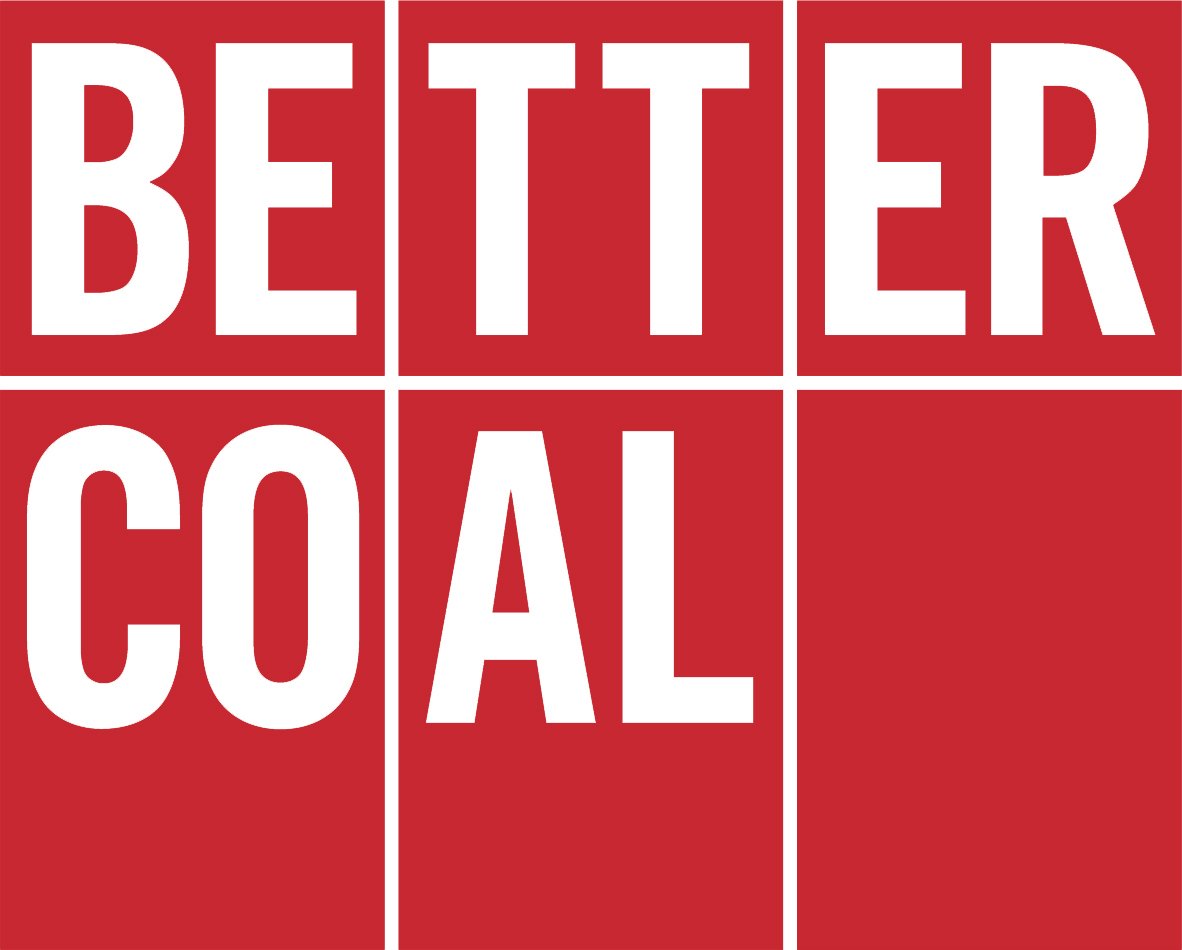Bettercoal will evolve to remain as important as ever
Published on December 14, 2016
As a result of major transformations in the global energy system that take place over the next decades, renewables and natural gas are the big winners in the race to meet energy demand growth until 2040, according to the latest edition of the World Energy Outlook, the International Energy Agency’s flagship publication.
The report describes ‘stark regional contrasts’ in the coal demand outlook with some higher income economies, often with flat or declining overall energy needs, make large strides in displacing coal with lower carbon alternatives. Meanwhile, lower income economies, notably India and countries in Southeast Asia, will mobilise multiple sources of energy to meet fast growth in consumption; as such they cannot afford, for the moment, to neglect a low-cost source of energy even as they pursue others in parallel.
And if the World Coal Association and other energy experts have their way, new coal-fired generation capacity will be high efficiency & low emission (HELE), preferably linked to carbon capture technology. Therefore, coal will be with us for many years to come.
What does this mean for the evolution of Bettercoal? While the coal-producing countries will remain much the same and thermal generation will remain important in Europe in the short- to mid-term, the coal suppliers will increasingly export to the ‘low income’ economies. For Bettercoal, with its current membership focused in Europe, this creates both challenges and major opportunities. Fortunately, Bettercoal has, amongst its Members, companies already trading coal into these ‘up and coming markets’ and as their own generation capacity wanes in Europe, they will likely build on established trading businesses. And with its robust processes and experience to date, Bettercoal is well-positioned to evolve into new ‘markets’ with several of its existing Members. Furthermore, the untapped steel and cement sectors remain relevant for Bettercoal and a good point of collaboration.
There are other parallel initiatives that will work to support Bettercoal. There has been some discussion on the role of commodity traders. Iron ore from West Africa, copper from the DRC or coal from Colombia. The commodity traders create a ‘choke point’ where more can and should be done to assure the provenance of the material. It’s good to hear about the OECD taking action here and Bettercoal welcomes it.
Bettercoal is one of several initiatives involved in metals and minerals supply chains. Likewise, there are initiatives that look at the social and environmental performance of oil, gas and renewable operations. There is much to learn and the potential for partnership. Whilst these initiatives may have different drivers and sponsors, we believe that over time there are relevant synergies and partnerships that will increase efficiency.
Establishing Bettercoal has been a challenge, sometimes frustrating and at the same time immensely rewarding. Seeing the political agenda being driven by a few NGO reports on deeply concerning human rights issues, yet reports allegedly based on contradictory statements witnesses, has been one of those frustrations. At the same time, it is deeply satisfying to see how companies (buyers and suppliers) can embrace positive change which has and will further permeate into their processes and performance. Constructive collaboration between governments, the private sector, NGOs and other interested parties will remain the way forward in a strategically important sector.
I wish the incoming Executive Director of Bettercoal well for the future and thank the Bettercoal team for its wholehearted support. I know that in 2017 there will be a review with the Board of Directors on the long-term vision for Bettercoal that will build on the progress made so far.
I firmly believe that while the coal sector evolves, Bettercoal will evolve too to remain as relevant and as important as ever.
Martin Christie, Executive Director
Photo credit: Drummond Company Inc.
